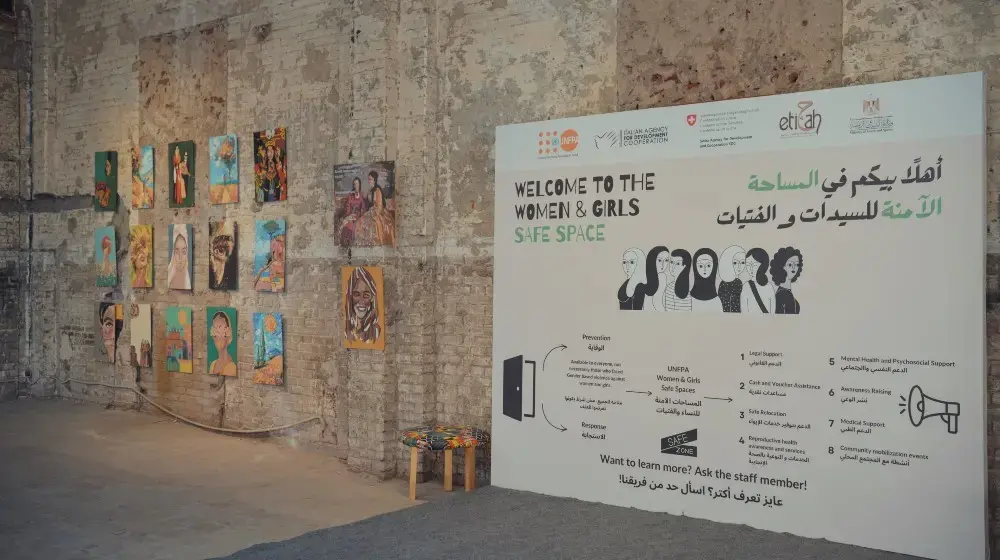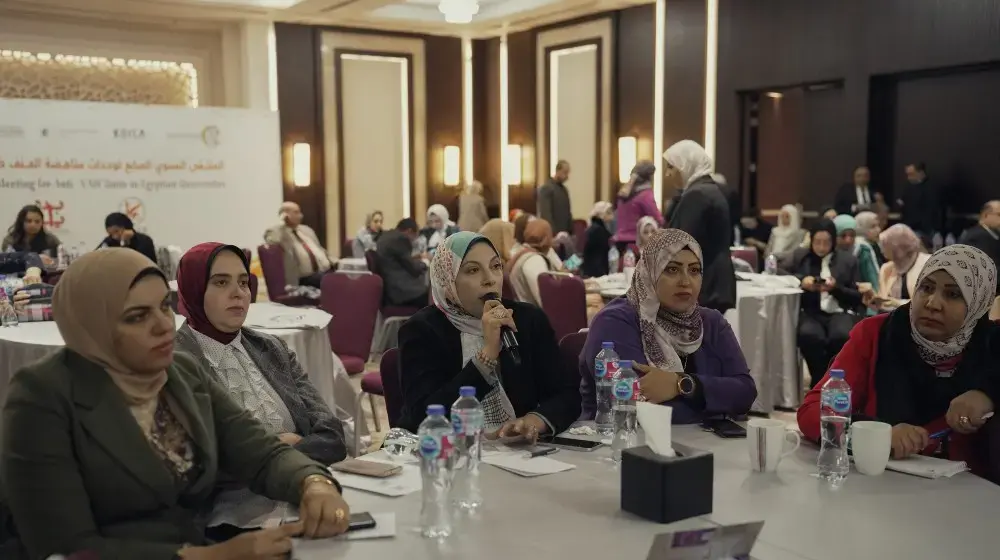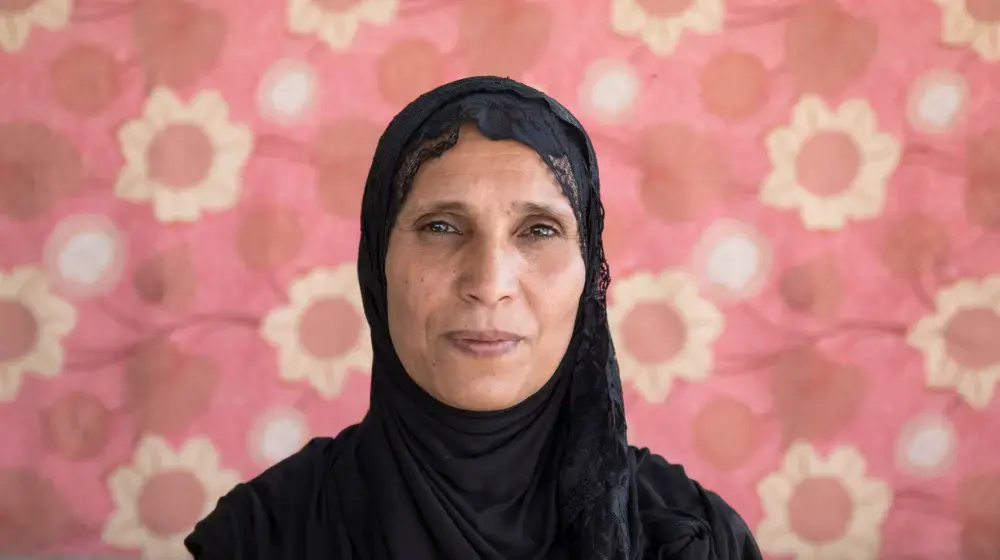Over 800 people participated in the Girls Mile, a one-mile run around the lake of National Egyptian Museum of Civilization, to advocate for the rights of girls in Egypt to live a healthy, educated and safe life on October 15, to celebrate International Day of the Girl Child.
The event was organized under the auspices of the National Council for Women and the Ministry of Youth and Sports in cooperation with the United Nations in Egypt, the Embassy of Argentina in Egypt, the Sawiris Foundation for Social Development and ALEXBANK, with Cairo Runners as the implementing partner. The event was sponsored by ORA Developers, Maxim Hospitality, and Carrefour Egypt.
Under the slogan “Run with Noura and Dawwie,” over 15 stakeholders came together to share their commitments in promoting for equal opportunities, remove gender-based biases and understand the impact of climate threats on the livelihood for girls.
In her opening remarks, Dr. Maya Morsy the President of the National Council for Women, expressed her happiness with the launch of this distinctive event, with the aim of spreading awareness of the rights of girls and the challenges they face all over the world, which have increased due to global crises, especially the climate change crisis.
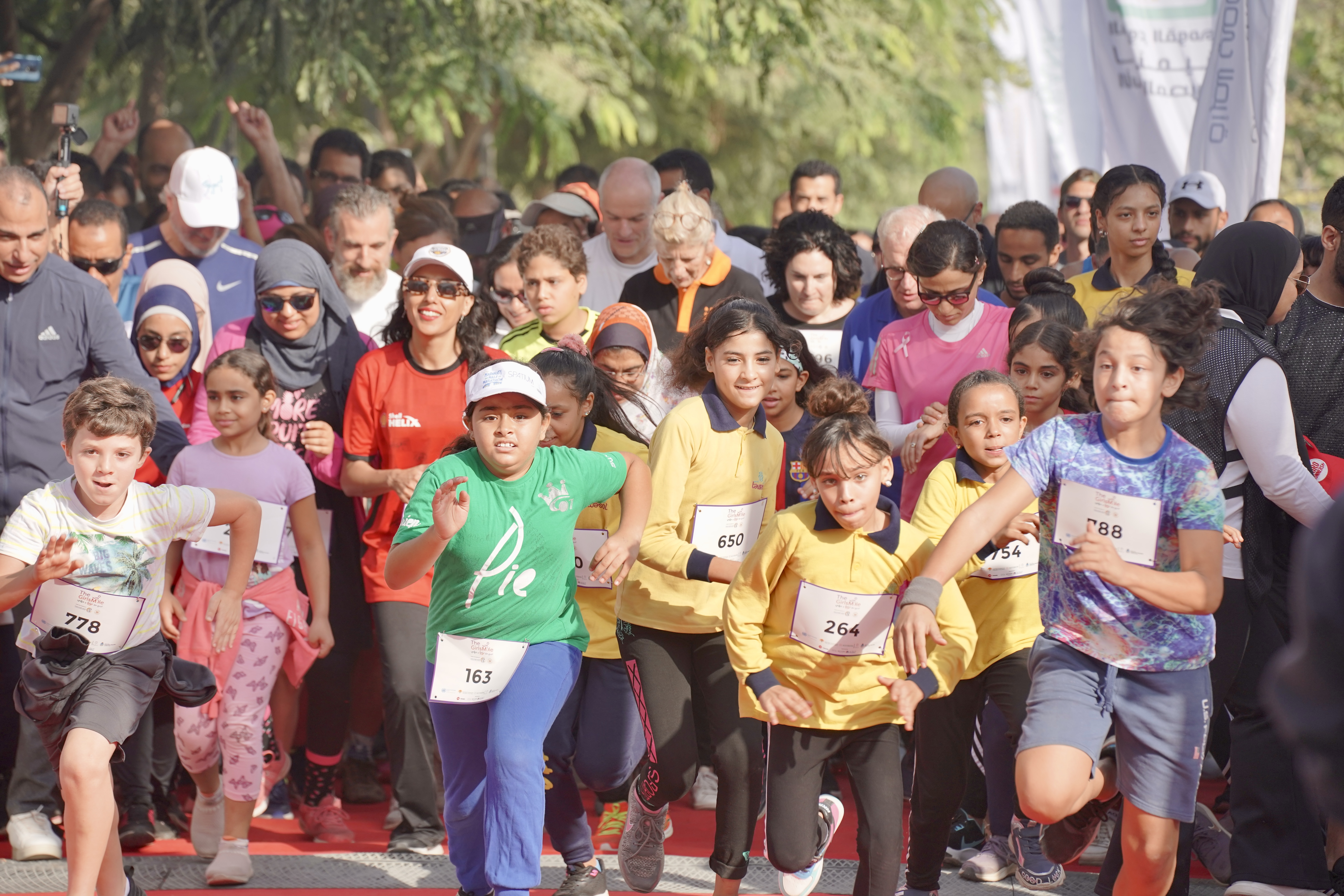
The United Nations in Egypt supports the Government on Egypt on two national initiatives under the auspices of the First Lady of the Arab Republic of Egypt and within the framework of the Egyptian National Family Planning Project; “Noura and Dawwie.”
Noura is the symbol for adolescent girls in Egypt, and it is the adaptation of the Girls Assets Framework which prioritizes building girls’ health, social and economic assets; while Dawwie is the national girls’ empowerment initiative launched in 2019 reaching over 220,000 girls and community members. Dawwie is the voice that echoes and reverberates so girls’ voices are heard and supported, providing them with access to essential skills and services to reach their full potential. Both initiatives complement the different needs of around 19 million girls below the age of 20 living in Egypt to realize their aspirations.
Frederika Meijer, UNFPA Representative in Egypt, said, “we ran one mile for girls to remind people that climate change is not gender neutral. Not only do we need to put girls at the center of adaptation responses, we need to empower them so they can help their communities become more resilient to climate change.”
On his part Jeremy Hopkins, UNICEF Representative in Egypt said; “This event is a great reminder of the potential that girls have to offer to society. UNICEF proudly supports Dawwie the Girls’ empowerment National led initiative under the auspices of the First Lady, and as we approach COP 27, we have to include girls and women in the conversation, because if we don’t include them, we are essentially losing out half of the potential that Egypt and the world have to offer for solutions around climate change.”
Ambassador of Argentina in Egypt Eduardo Varela reaffirmed Argentina´s commitment to the goal of empowering women and girls through its public policies both at the national and international level, and expressed its deep satisfaction for the first edition of “The Girls Mile Run.”
“We have worked closely [with the partners] throughout the year to design and organize, for the first time ever - but hopefully the first of many -, this run aimed at raising awareness and calling for the protection of girls’ rights and their empowerment, particularly in the face of the current climate crisis,” he said.
The Girls Mile initiative showcased the efforts of girls, families, development partners, local artists and start-ups in promoting for gender and climate awareness.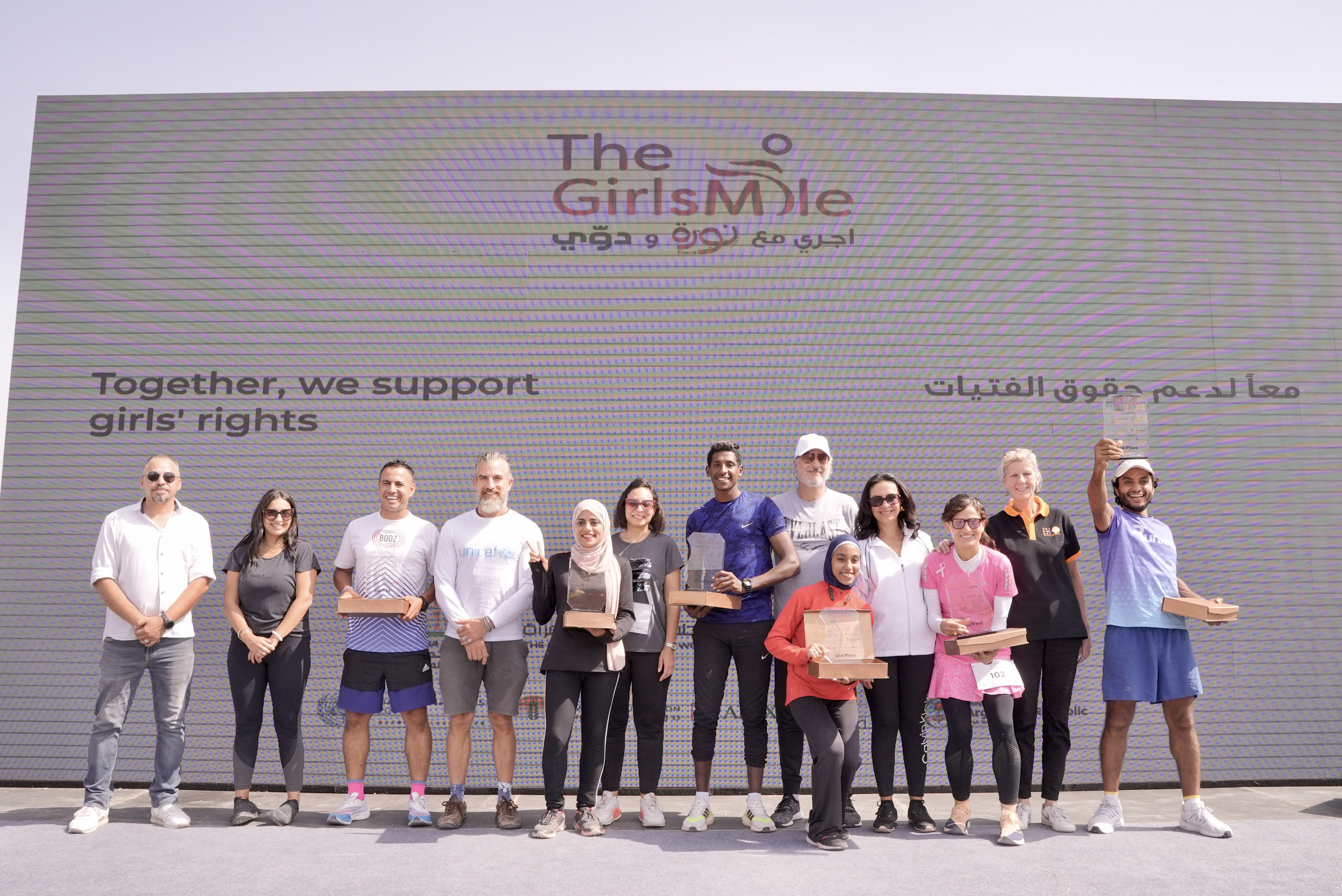
Noura Selim, Executive Director of Sawiris Foundation, highlighted that: “One of Sawiris Foundation’s principal values is inclusivity. We continuously work to ensure that our own organization is inclusive on all fronts, including the projects we fund. We celebrate the International Day for the Girl Child with our partners by holding The Girls Mile Run, in order to highlight the key messages we collectively aspire to achieve. This is done of course with our sights set on COP27 in Sharm el-Sheikh, where the discussion on gender will intersect with climate change. Given the significance of both these issues, I would like to take this opportunity to emphasize that gender equality as well as addressing the impact of climate change on the poor are two of the main cross-cutting themes that will be mainstreamed across all projects and interventions funded by Sawiris Foundation for our upcoming 5-year strategy.”
The private sector played an important role in the success of this initiative. It showed that investing in girls and giving them the tools to shape their own future has an incredible multiplier effect on economic growth and provides returns for decades.
Due to the enormous support received from partners, they pledged their commitment towards sustaining this initiative for years to expand the participation of girls and keep them at the core of development efforts.


